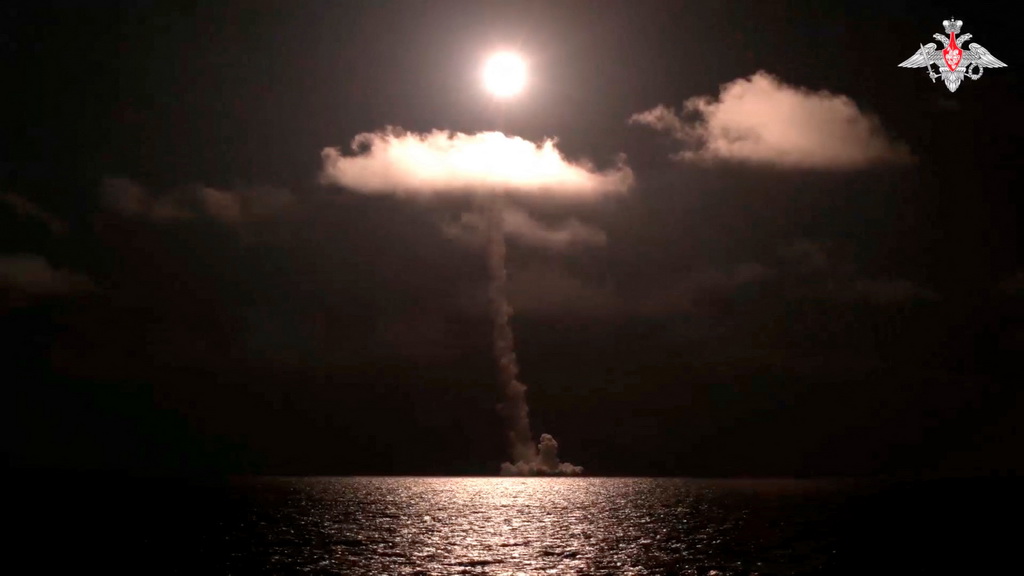
Russian nuclear submarine Imperator Alexander III fires Bulava intercontinental missile on November 5
The Conventional Armed Forces in Europe (CFE) Security Treaty was signed in 1990, a year after the fall of the Berlin Wall, to set limits on the weapons and military equipment of the North Atlantic Treaty Organization (NATO) and the Warsaw Pact at that time could be deployed.
The goal was to prevent the two Cold War factions from mobilizing and launching a rapid attack on each other in Europe.
In 2007, Russia suspended its participation in the CFE and terminated its participation in the treaty's mechanisms in 2015. More than a year after launching a special military operation in Ukraine, Russian President Vladimir Putin signed a decree in May opposing the treaty.
Russia says new nuclear submarine fires missile that hits target thousands of kilometers away
Now, the Russian Foreign Ministry announced that the country is officially withdrawing from the treaty at midnight and the CFE is now just "history".
According to RT, the Moscow government believes that the CFE is not only outdated but has actually been invalid for many years because it is completely no longer relevant to reality.
Russia also noted that even the United States and its allies did not ratify the CFE update in 1999.
Although the Kremlin has said Russia is unlikely to return to the Soviet-era treaty, officials on both sides are hopeful that an alternative arms control agreement will be reached. However, the Russian Foreign Ministry has stressed that any military security efforts in Europe that do not take into account Russia’s interests will not lead to a positive outcome.
Source link


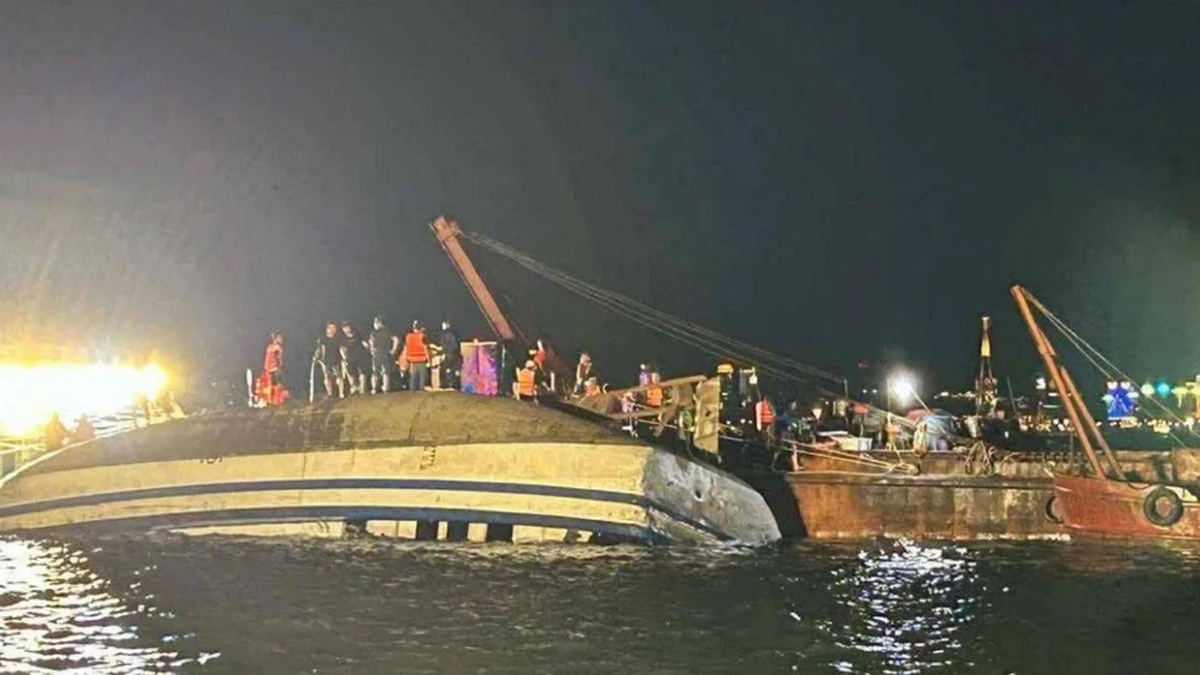
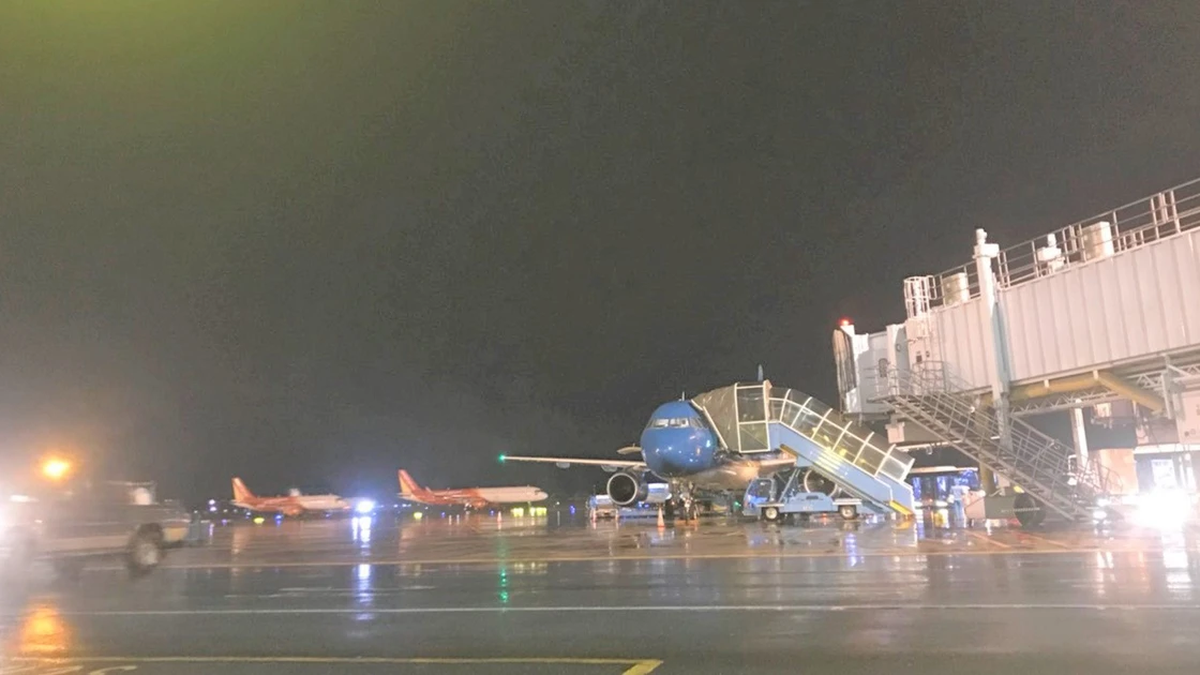






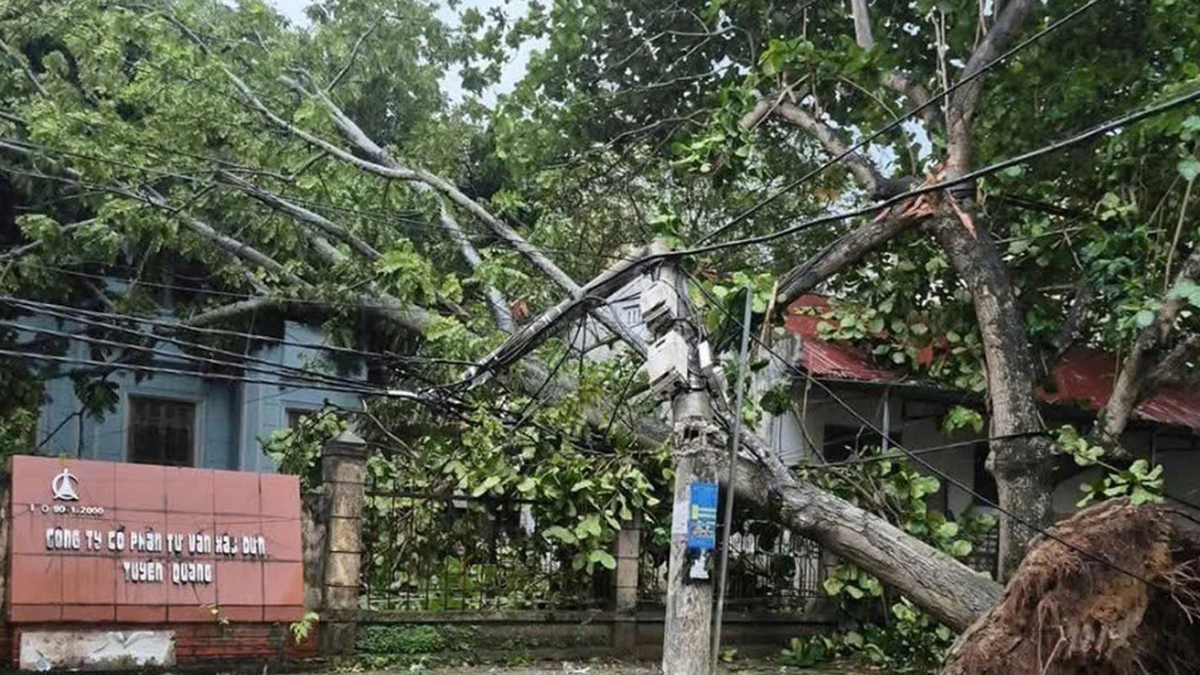
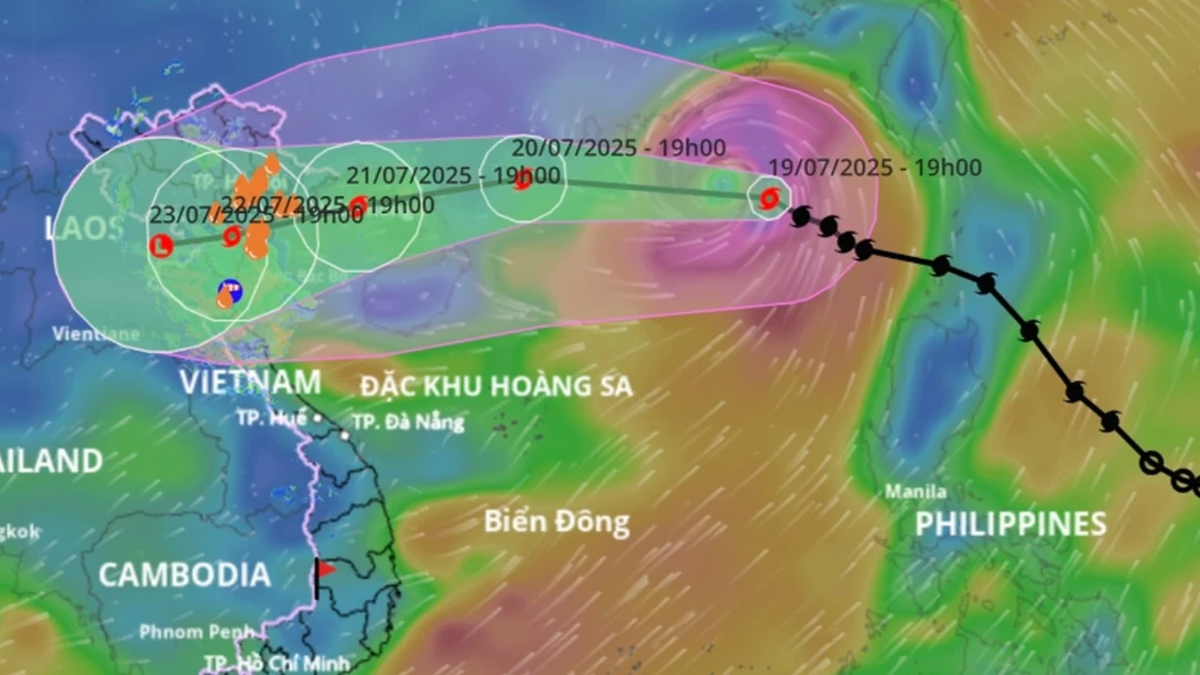





















































































Comment (0)